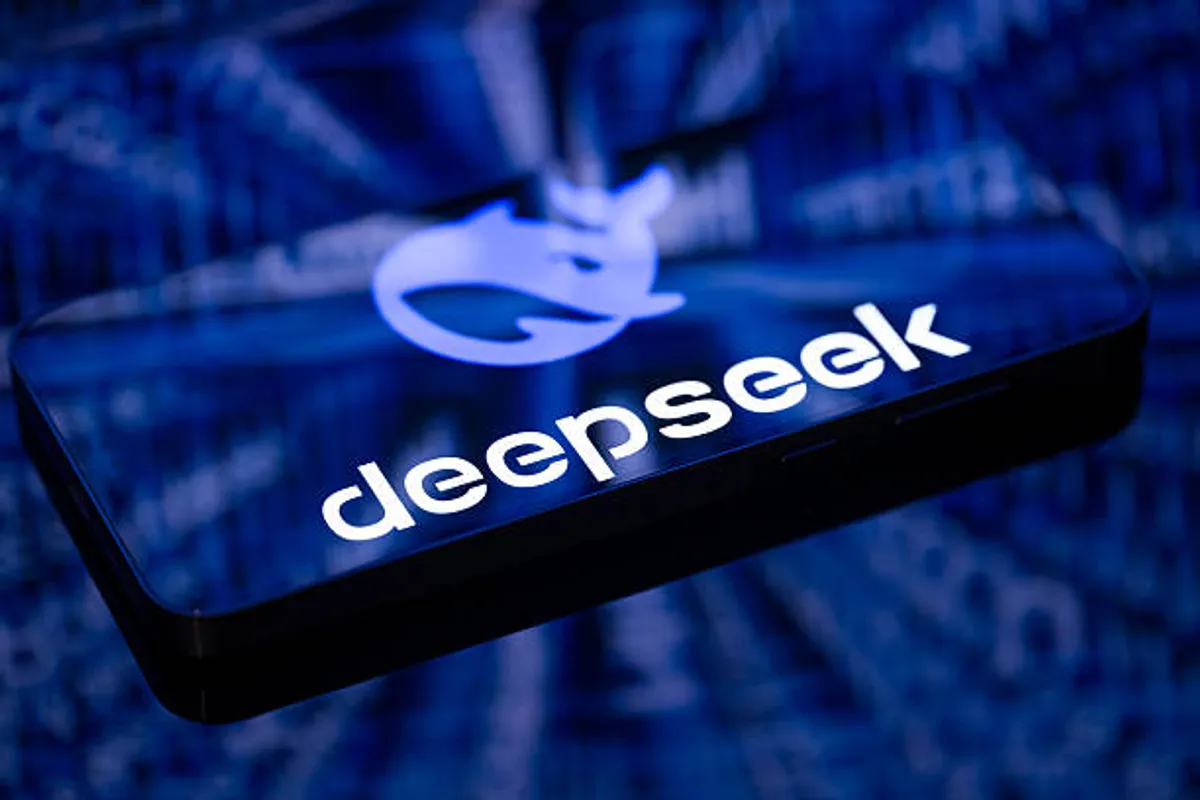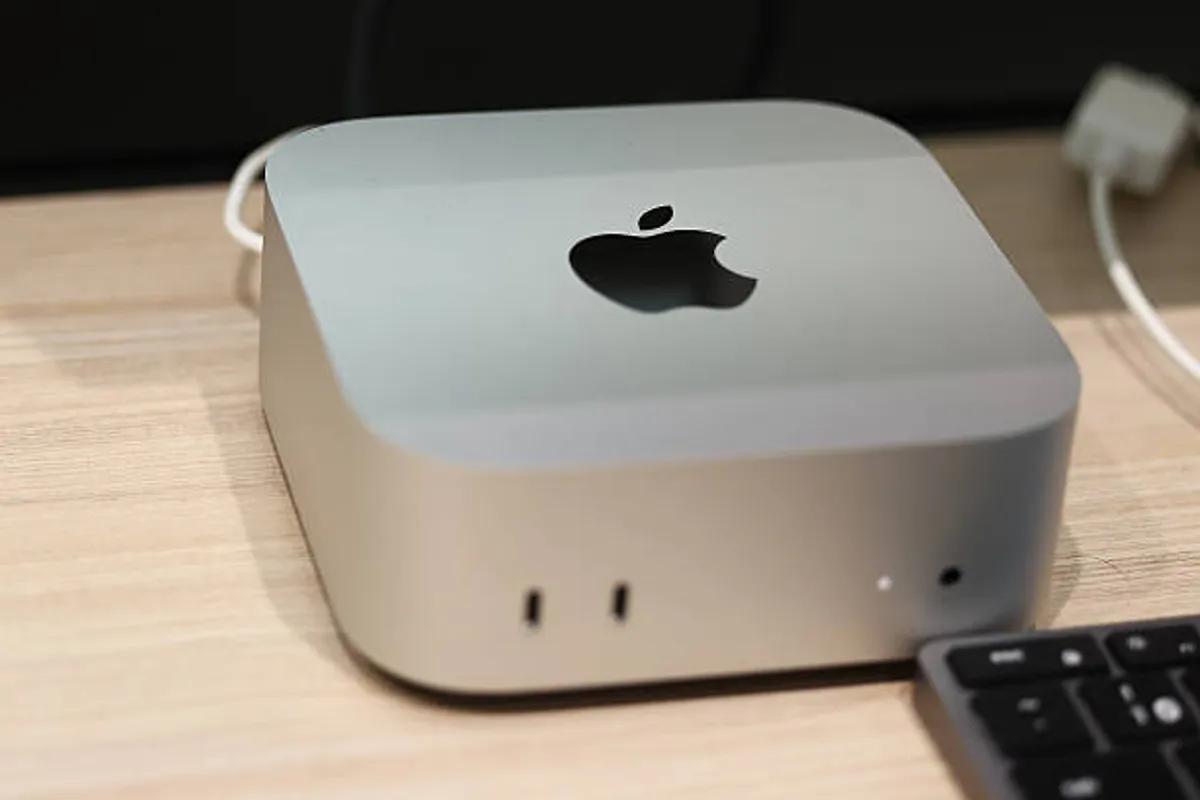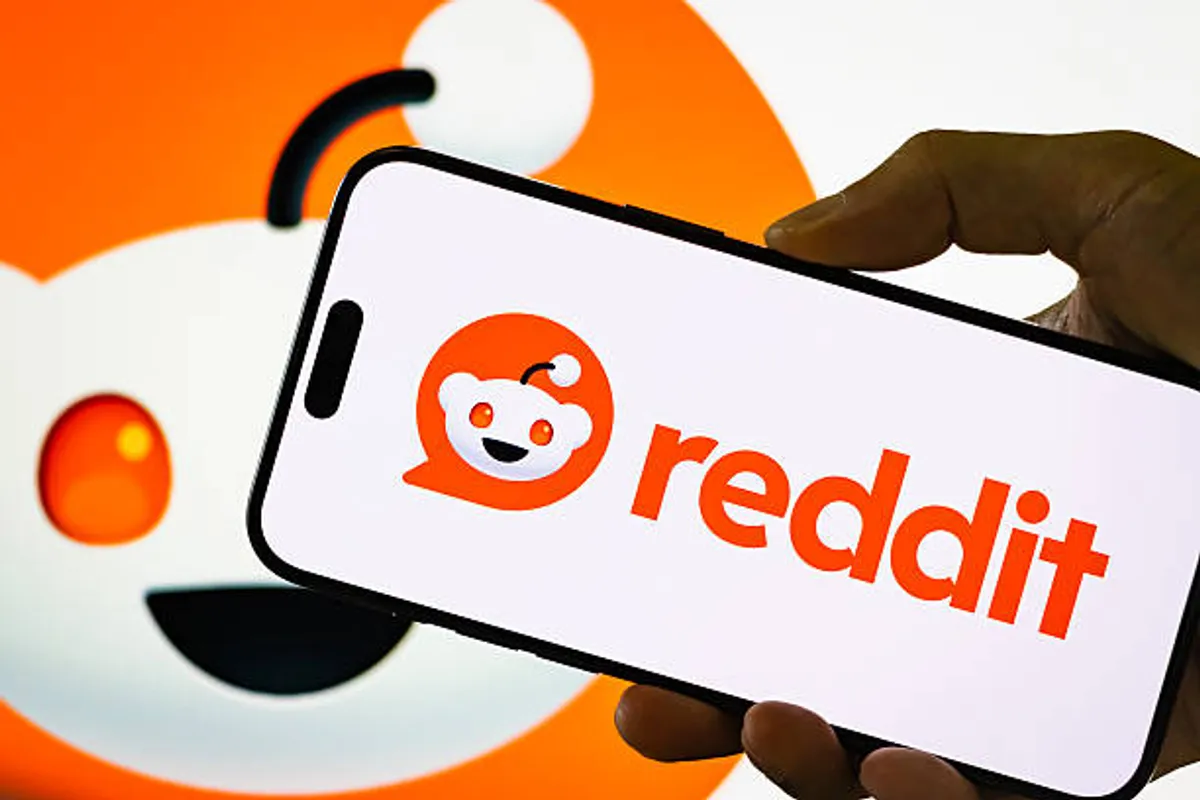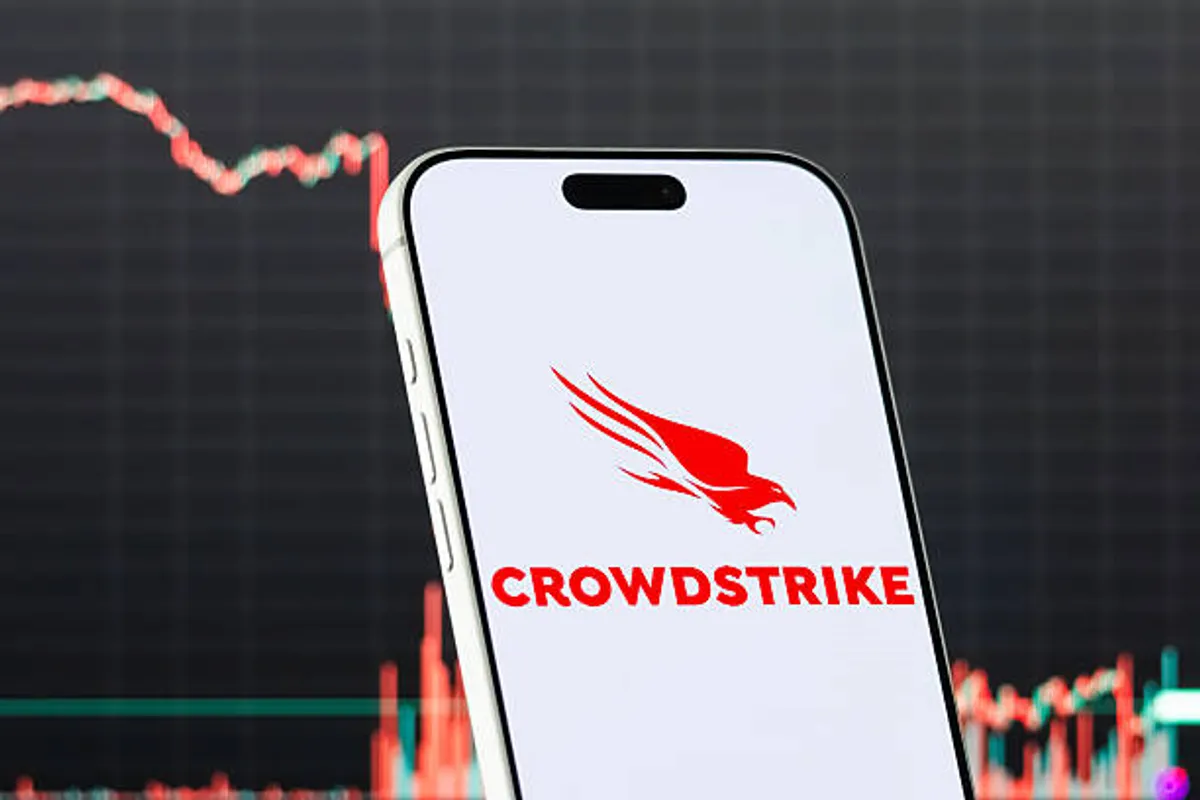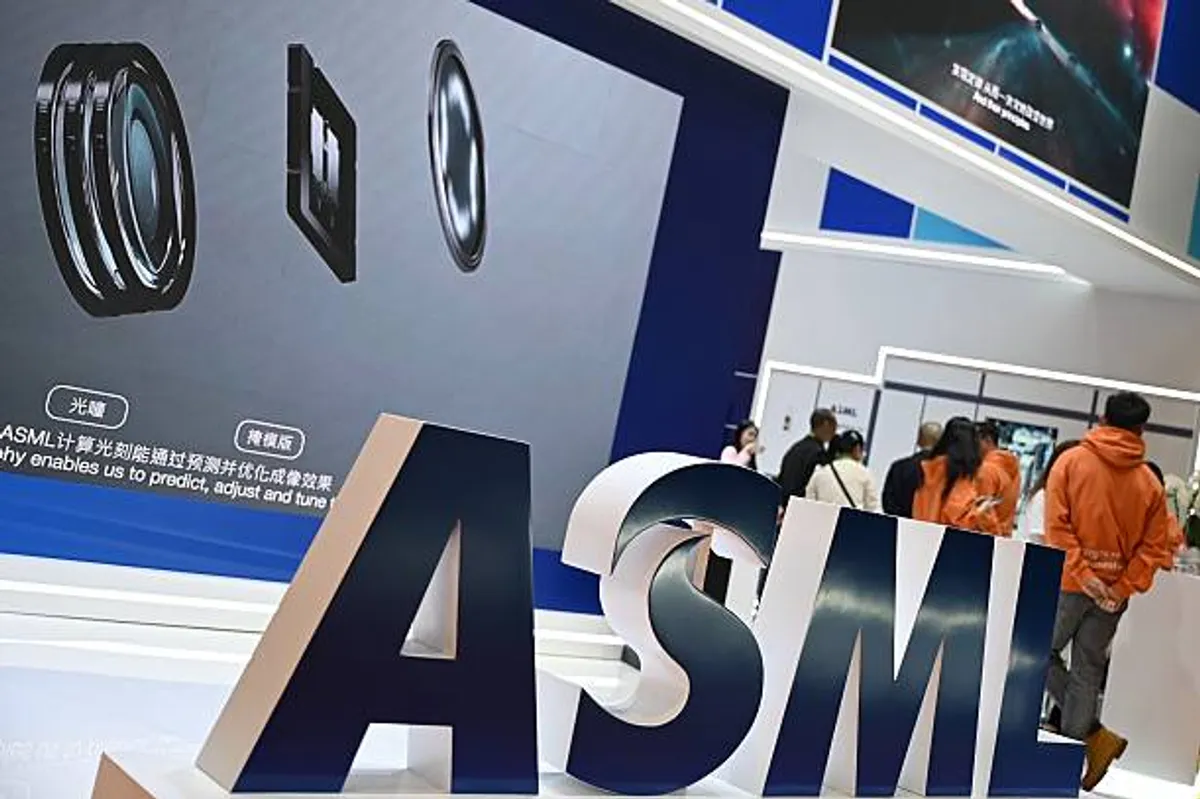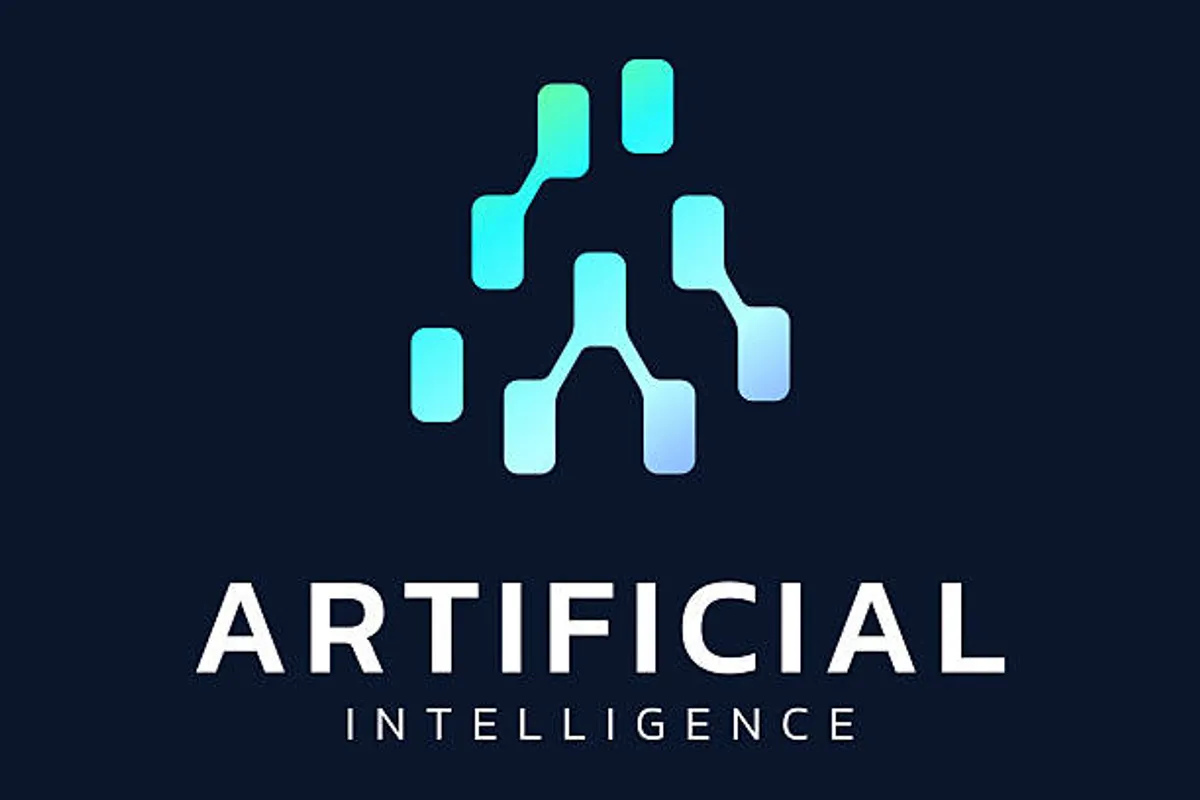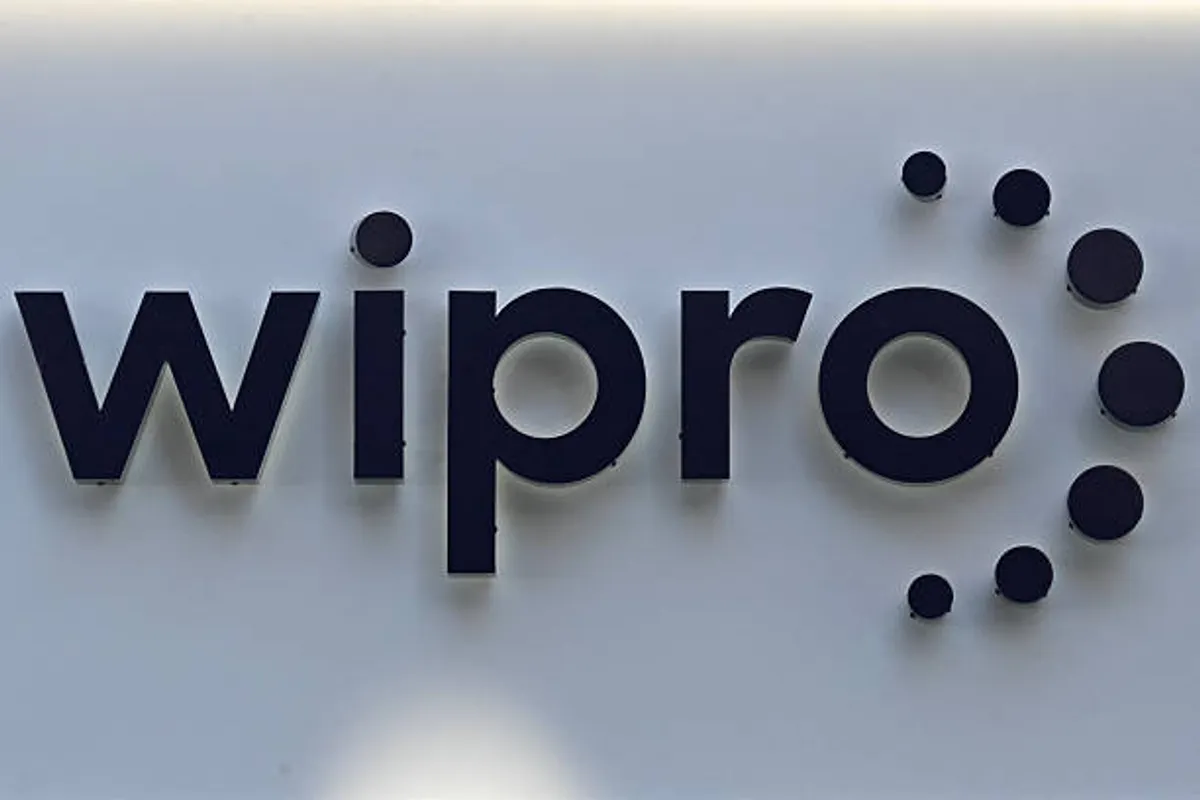Mark Zuckerberg Unveils Plans for 'Personal Superintelligence'

GeokHub

Meta CEO Mark Zuckerberg has recently announced an ambitious new venture into artificial intelligence, introducing the concept of “personal superintelligence.” This initiative sets Meta apart in the fast-evolving AI landscape, aiming to create highly personalized AI systems designed to assist individuals in their daily lives. Here’s what you need to know about this bold move and what it could mean for the future.
What Is ‘Personal Superintelligence’?
Unlike the general-purpose AI models being developed by companies like OpenAI and Google, which focus on broad applications such as automation or scientific discovery, Zuckerberg’s “personal superintelligence” is all about customization. Imagine an AI assistant that knows you inside and out—your schedule, your health goals, your personal aspirations—and tailors its support to fit your unique needs. Zuckerberg has described it as a tool for “personal empowerment,” helping users achieve their goals, create what they envision, and grow into the people they want to be.
This vision marks a departure from the race toward artificial general intelligence (AGI), which aims to solve big, universal problems. Instead, Meta’s approach is more intimate, focusing on enhancing individual lives with practical, everyday assistance. It’s AI with a personal touch, and Zuckerberg believes it could democratize technology by putting powerful tools directly into users’ hands—while ensuring they retain control over how it works and what it knows.
Meta’s Big Bet on AI
To bring this idea to life, Meta is making massive investments. Zuckerberg has committed “hundreds of billions of dollars” to build cutting-edge AI infrastructure, including several huge data centers across the U.S. The first, called Prometheus, is set to launch in 2026 with multi-gigawatt capacity, while another, Hyperion, will scale up to 5 gigawatts—enough to power millions of homes. These facilities will fuel the heavy computational demands of training and running advanced AI models.
Meta isn’t stopping at hardware. The company has also been aggressively recruiting top talent, pulling in big names like Alexandr Wang (formerly of Scale AI) as Chief AI Officer and Nat Friedman (ex-CEO of GitHub) to co-lead the newly created Meta Superintelligence Labs (MSL). MSL will drive Meta’s AI research, building on projects like the open-source Llama models, and aims to assemble what Zuckerberg calls “the most elite and talent-dense team in the industry.” With some researchers reportedly offered pay packages topping $100 million over four years, Meta is clearly serious about leading the charge.
A New Chapter for Meta
This push into personal superintelligence signals a strategic shift for Meta, a company long known for social media and advertising. Zuckerberg sees AI as a way to enhance existing platforms—like smarter content recommendations on Facebook and Instagram—while also powering new products, such as AI-driven smart glasses developed with Ray-Ban. These glasses could become a seamless way to interact with your personal AI throughout the day, blending tech into real-world experiences.
But it’s not all smooth sailing. Meta has faced hiccups, like the underwhelming reception of its Llama 4 model and internal doubts about its AI direction. Still, Zuckerberg remains confident that Meta’s consumer product expertise and deep pockets give it a unique edge in this race.
Opportunities and Challenges
If Meta pulls this off, personal superintelligence could transform how we use technology. Picture an AI that schedules your week, nudges you toward healthier habits, or helps you learn new skills—all tailored to you. It might even inspire other companies to pursue similar user-focused AI, accelerating innovation across the board. For Meta, it could open up new revenue streams beyond ads, marking a major evolution for the company.
However, there are hurdles. Privacy is a big one—creating an AI that knows you so well requires a ton of personal data, raising questions about security and misuse. Zuckerberg has promised users will control their AI, but Meta will need to prove it can handle these concerns responsibly. Plus, the competition is fierce. OpenAI, Google, and others are chasing their own AI dreams, and Meta’s narrower focus on personalization might be seen as less groundbreaking than AGI. Regulatory scrutiny and public trust will also play a role in whether this vision takes off.
What It Means for the Future
Zuckerberg’s announcement isn’t just about Meta—it’s a sign of where AI might be headed. Personal superintelligence could make technology more intuitive and accessible, weaving it deeper into our lives. But it also comes with risks, from ethical dilemmas to the sheer cost of development (Meta’s $60 billion Reality Labs losses are a cautionary tale). Success will hinge on delivering real value to users while navigating these challenges.
For now, Meta is positioning itself as a key player in the AI race, with a focus that’s distinctly human-centered. Whether this gamble pays off remains to be seen, but one thing’s clear: Zuckerberg is betting big on a future where AI isn’t just smart—it’s personal.
